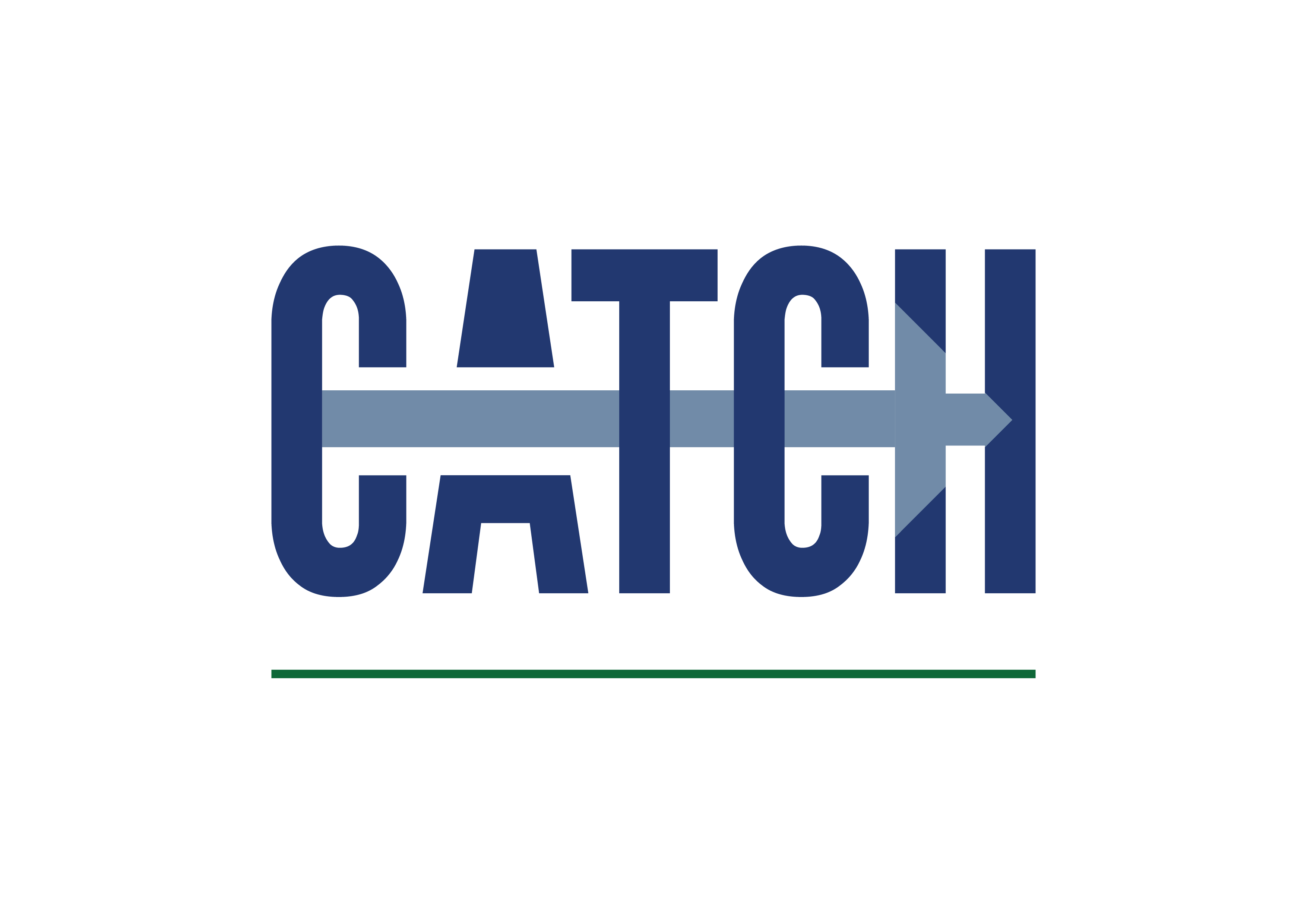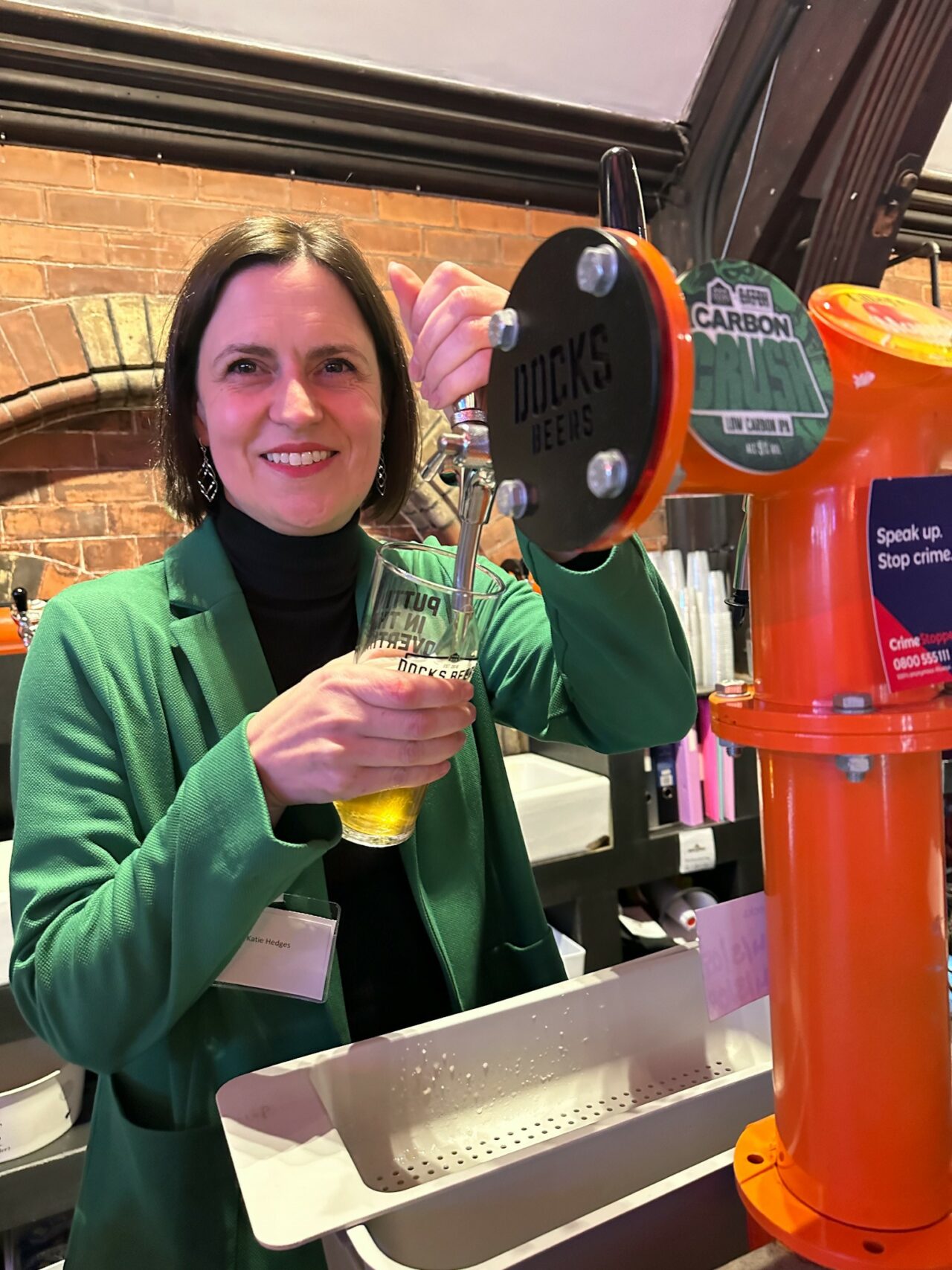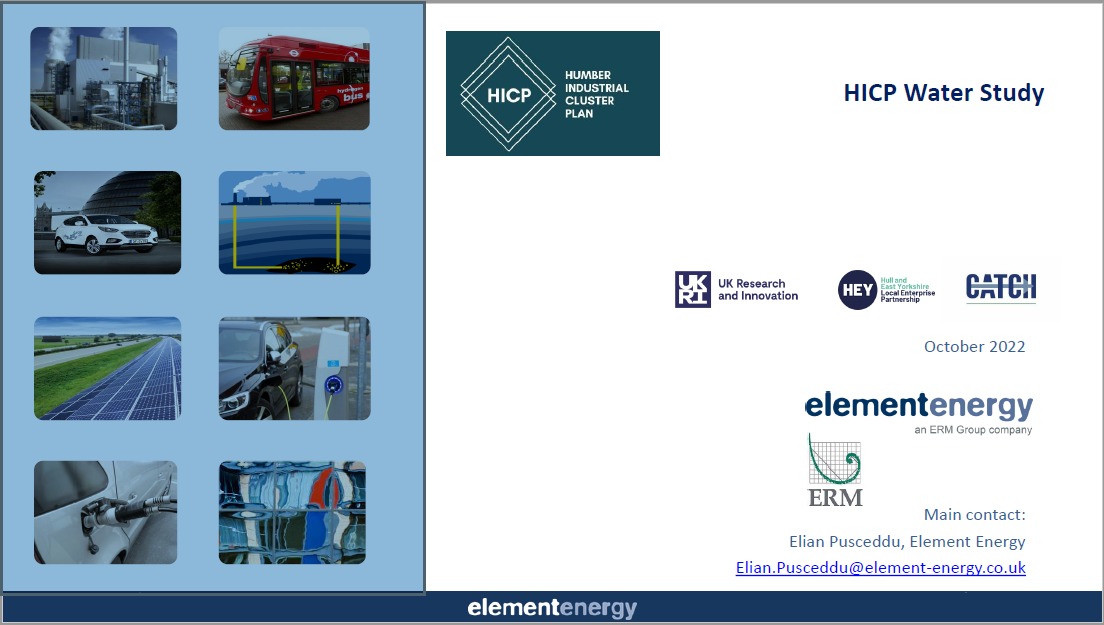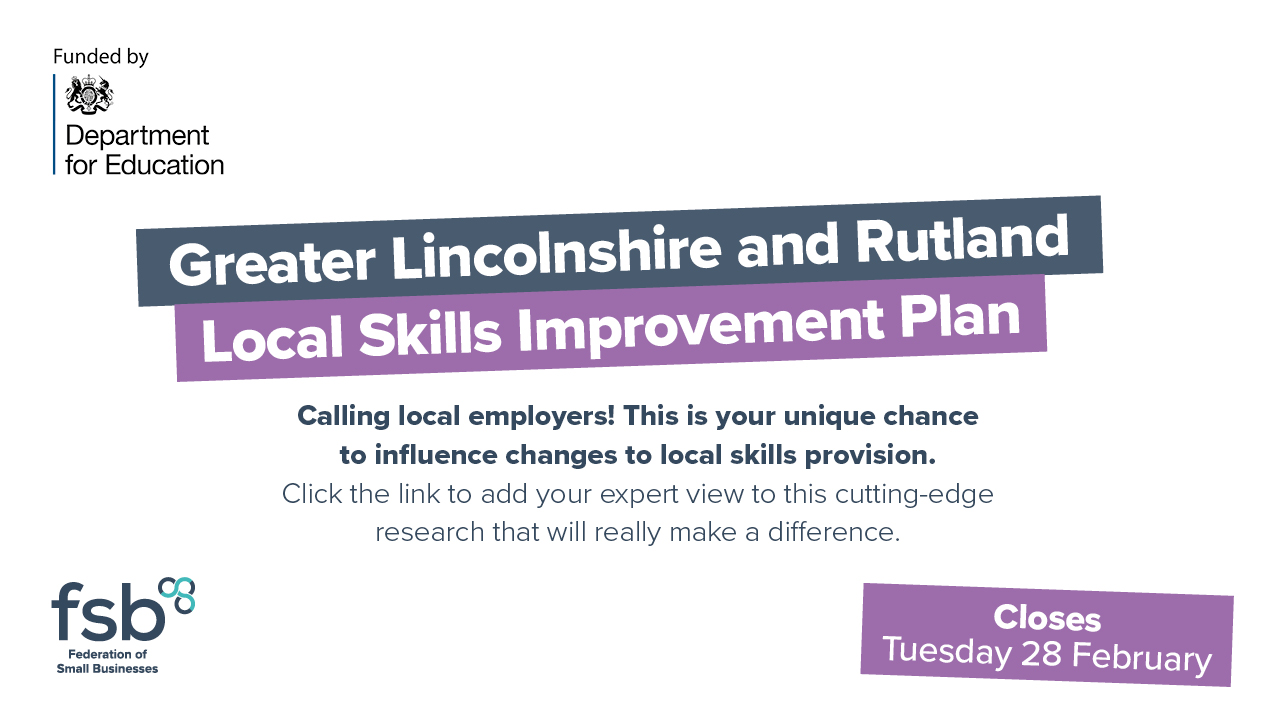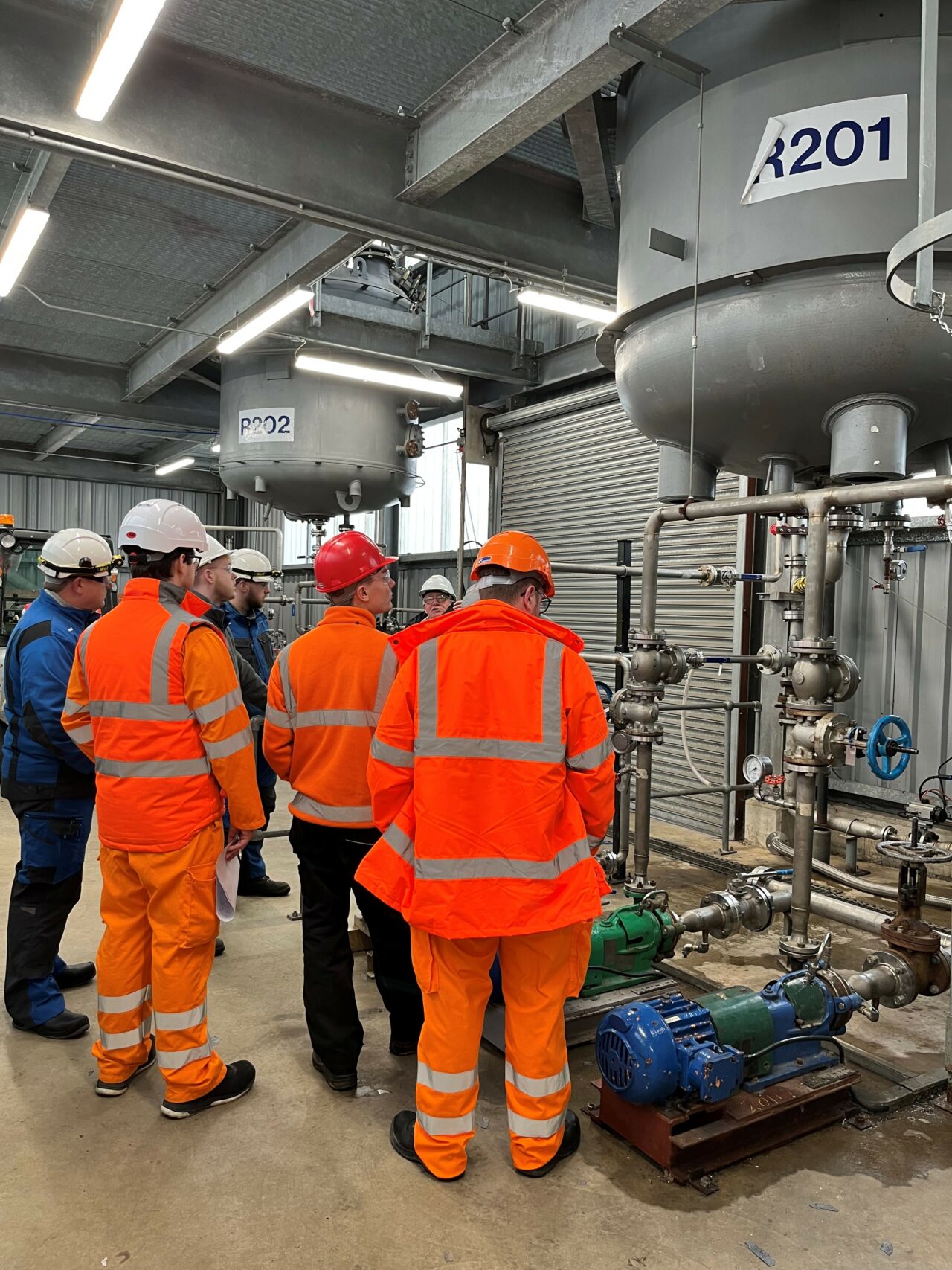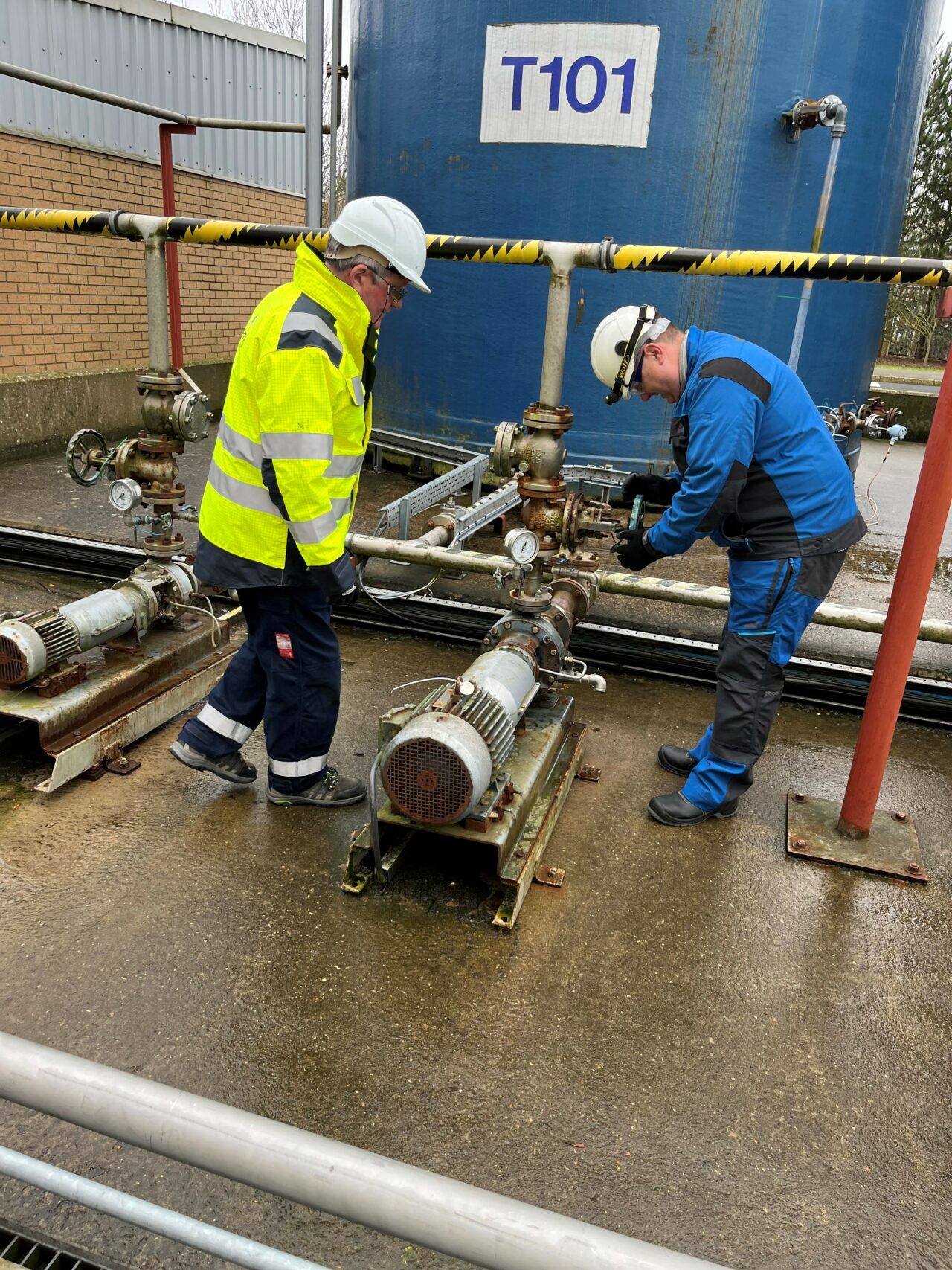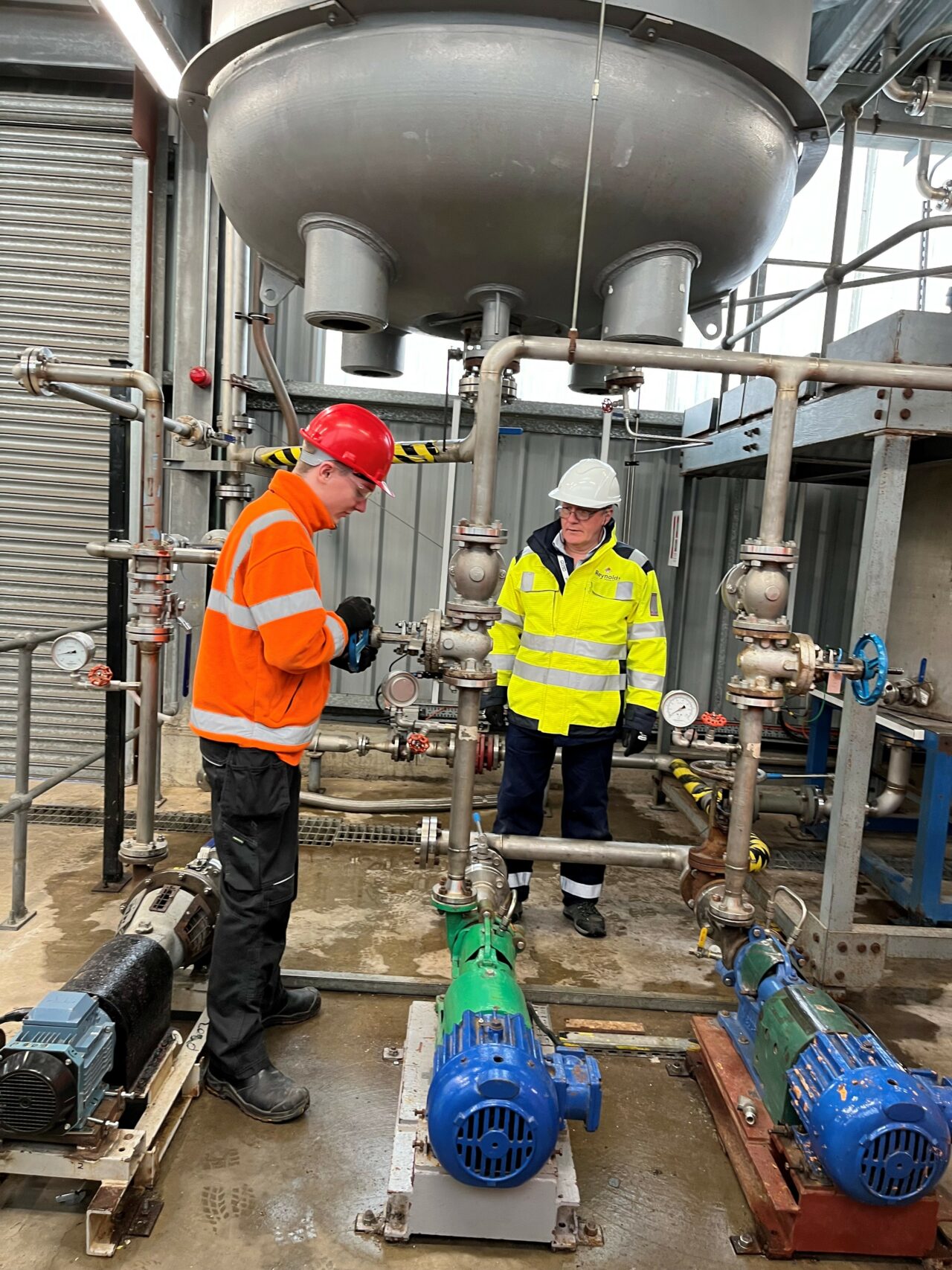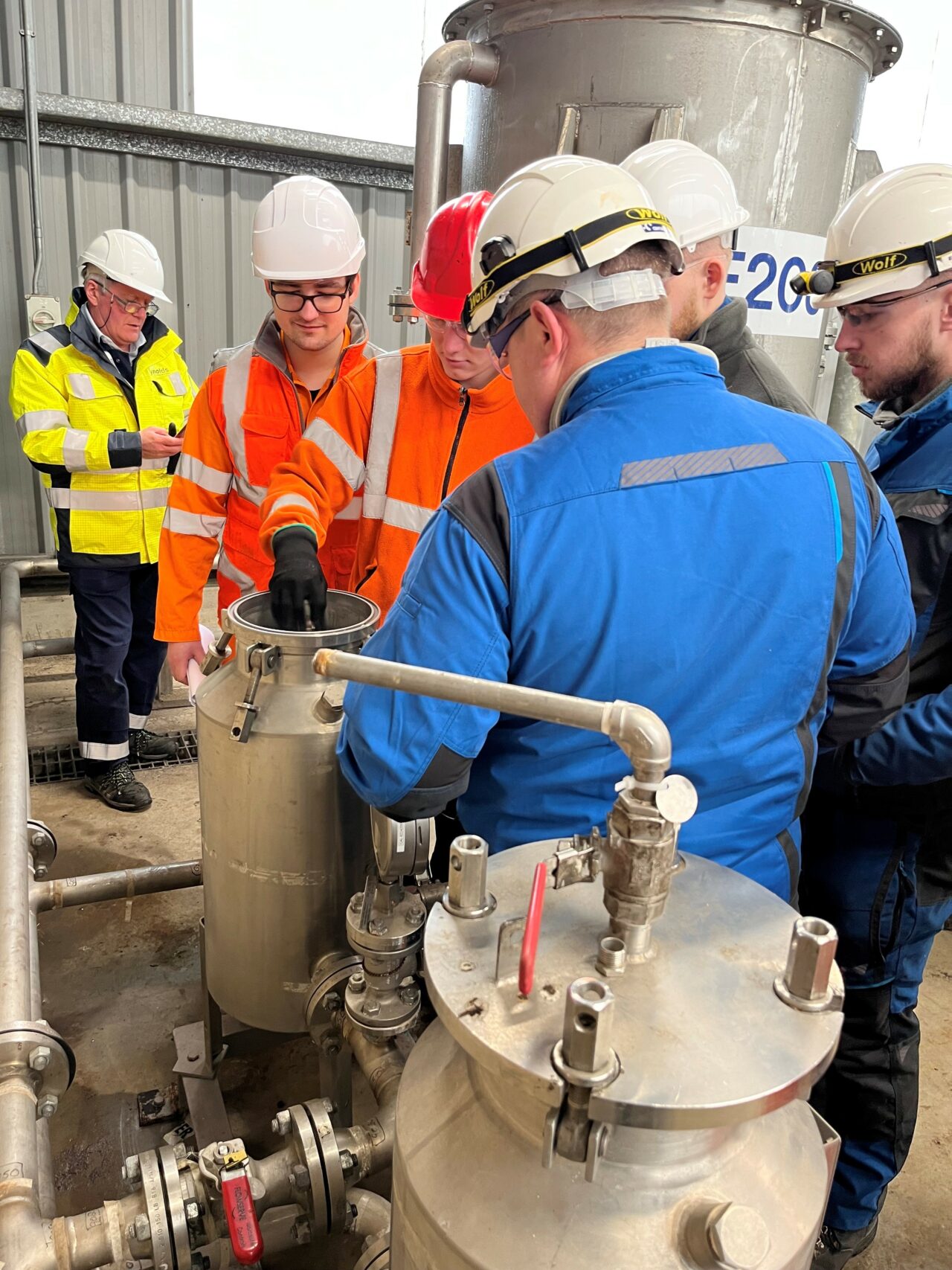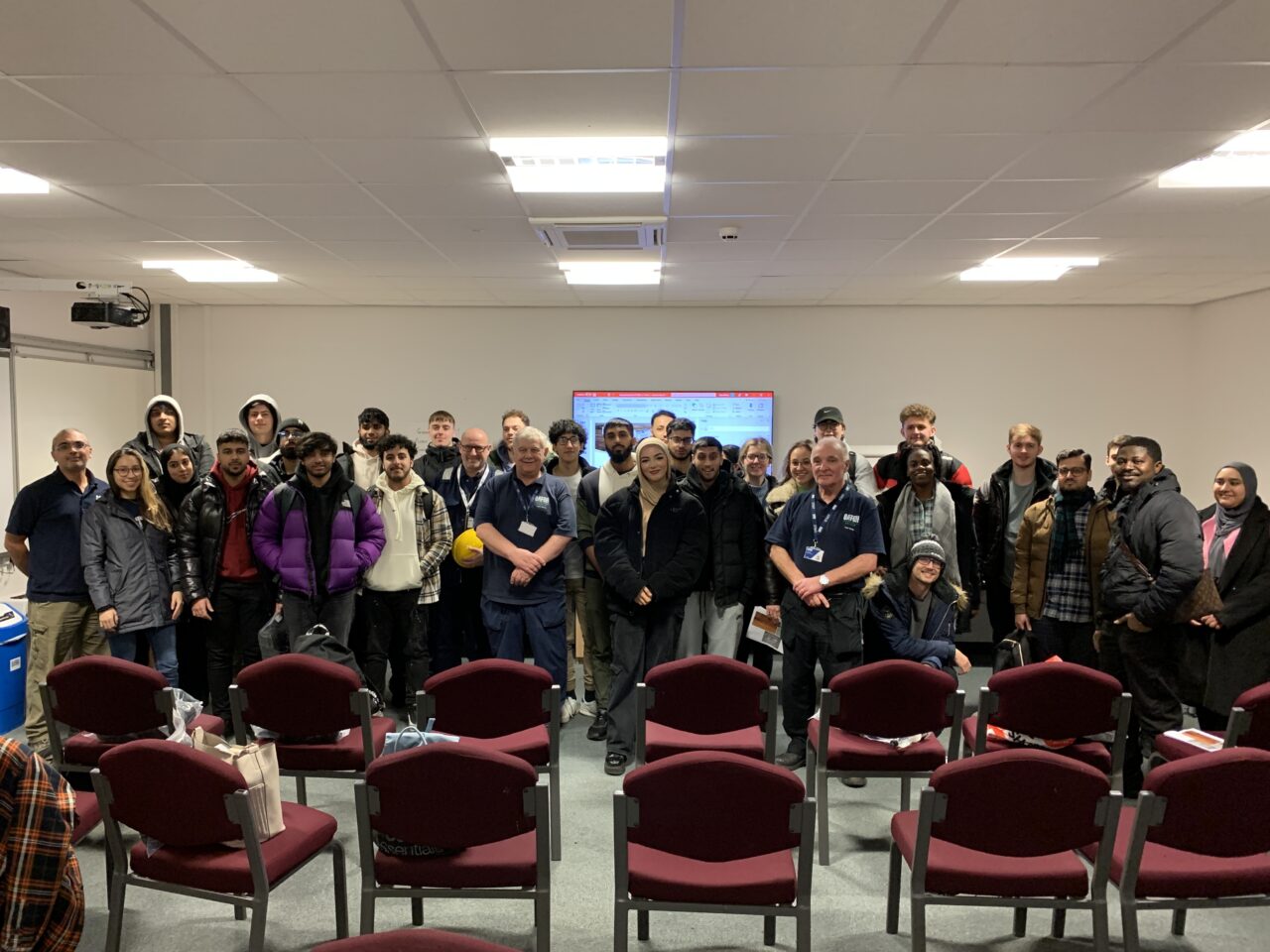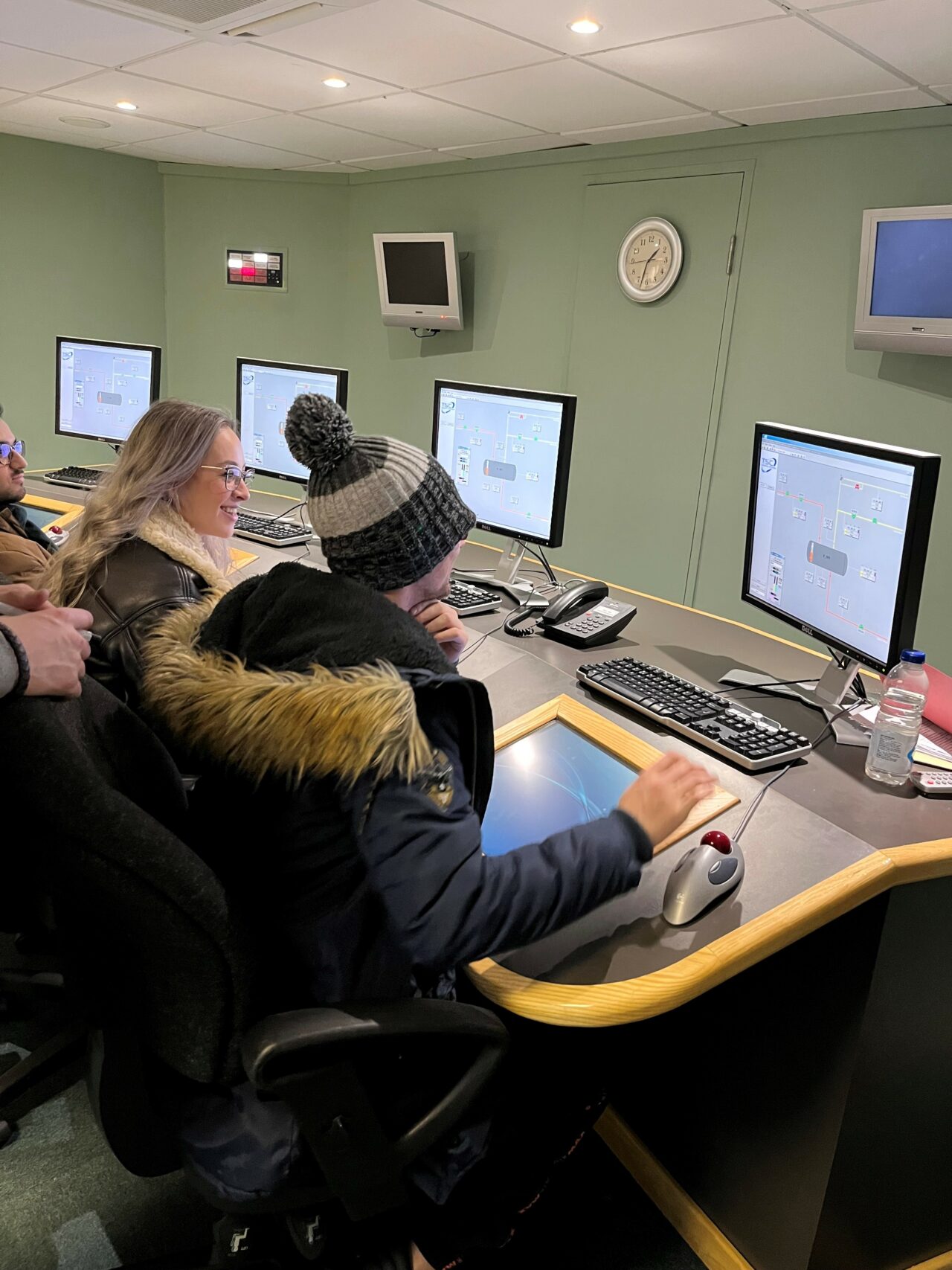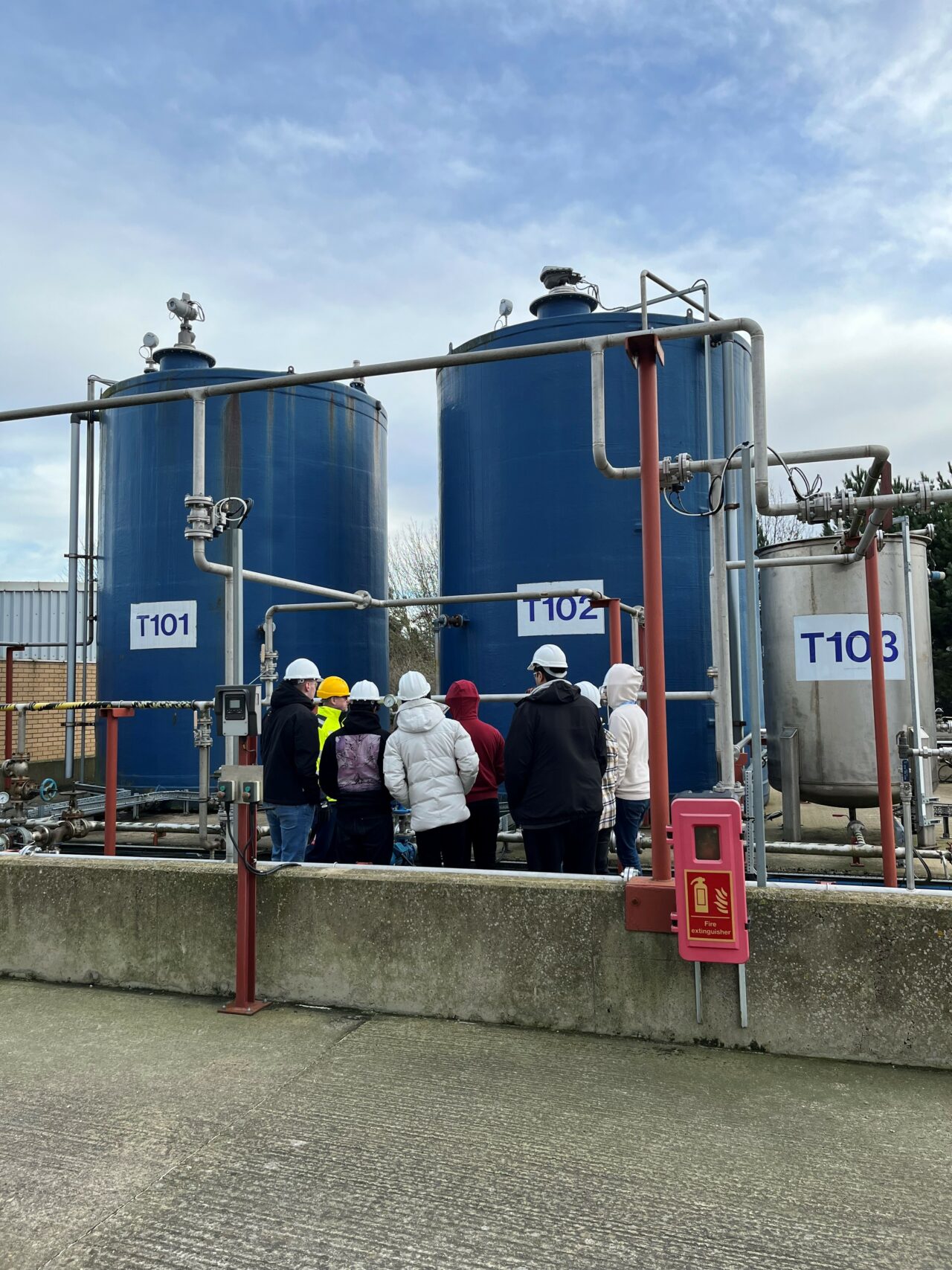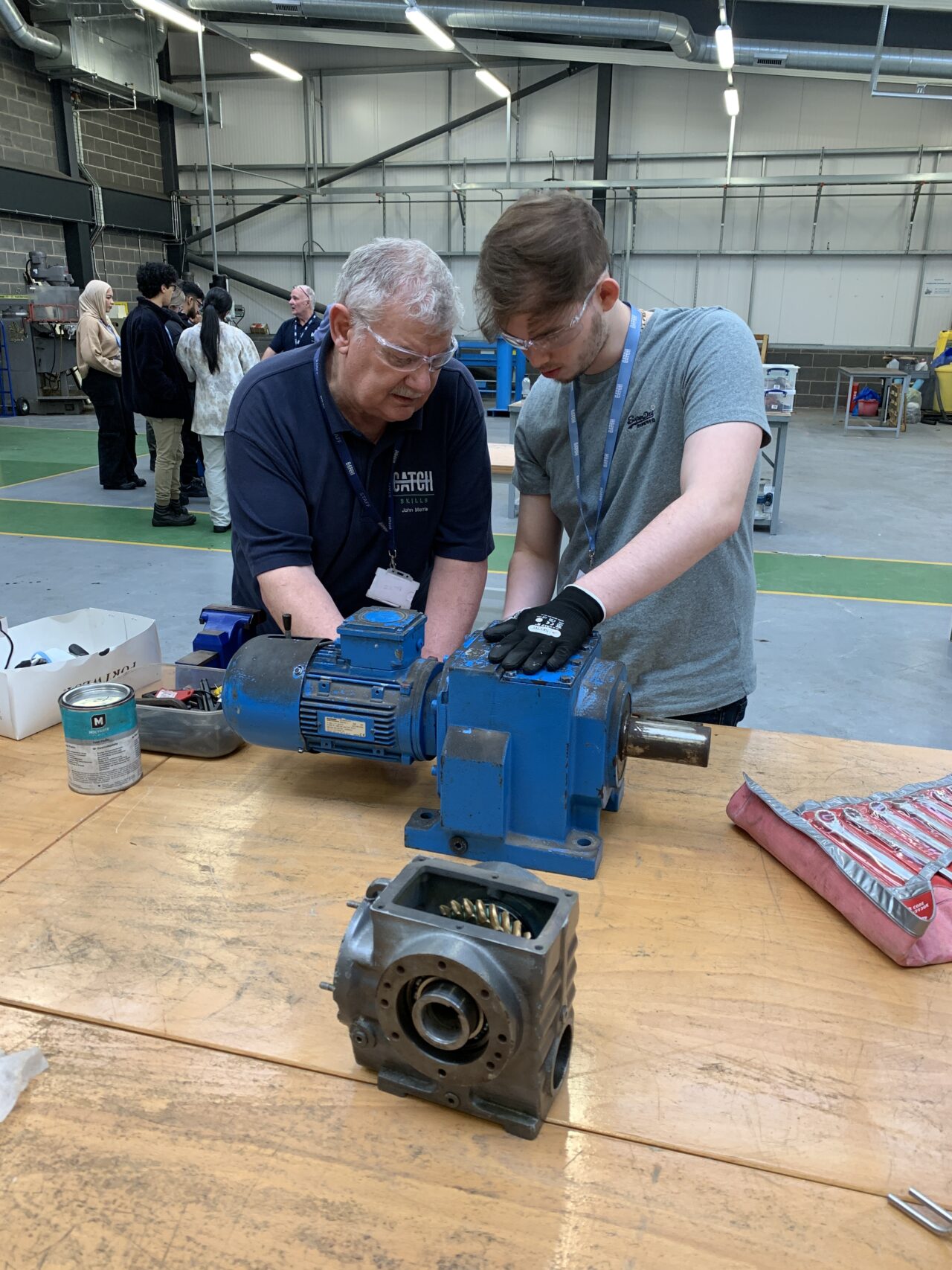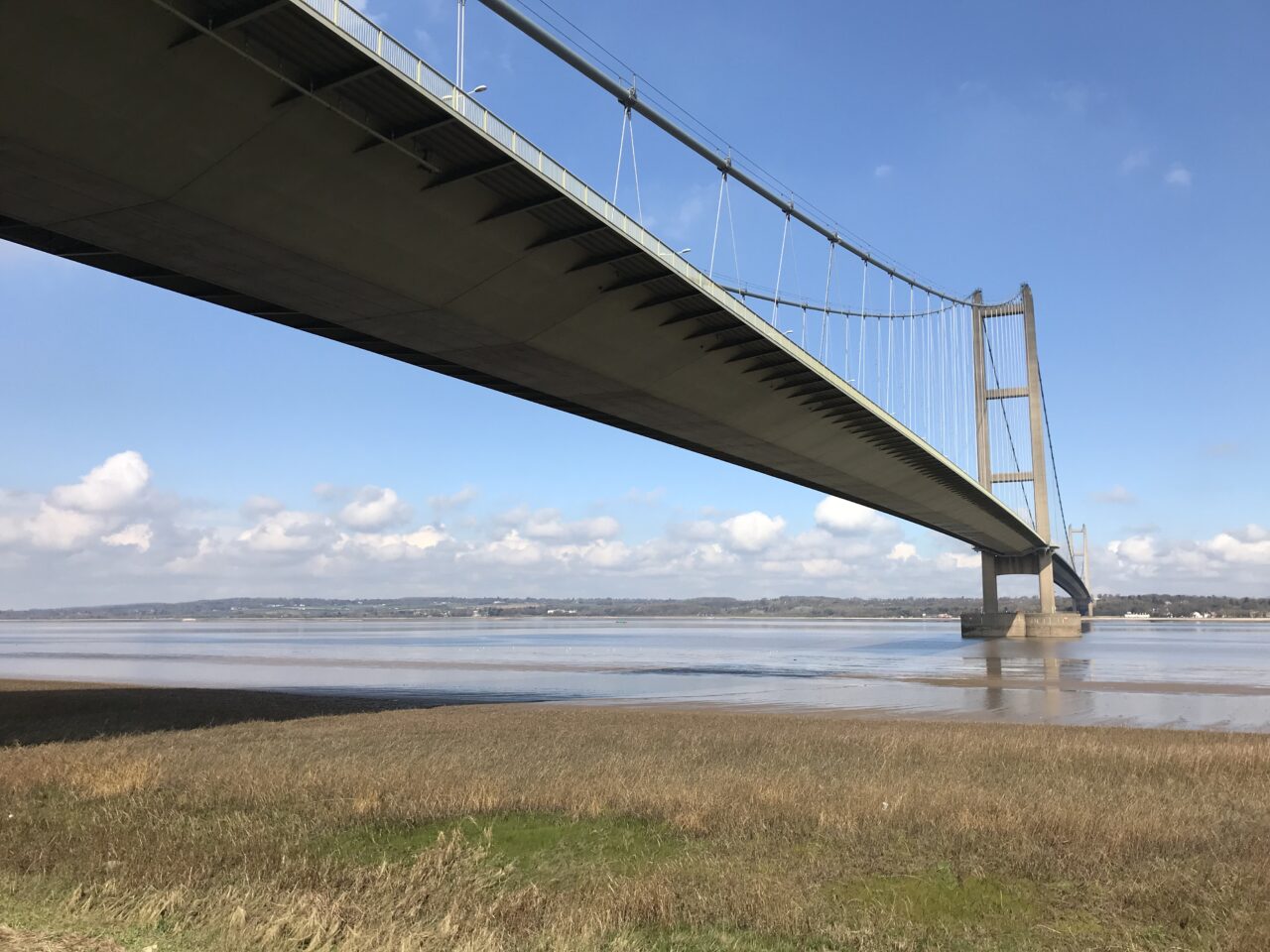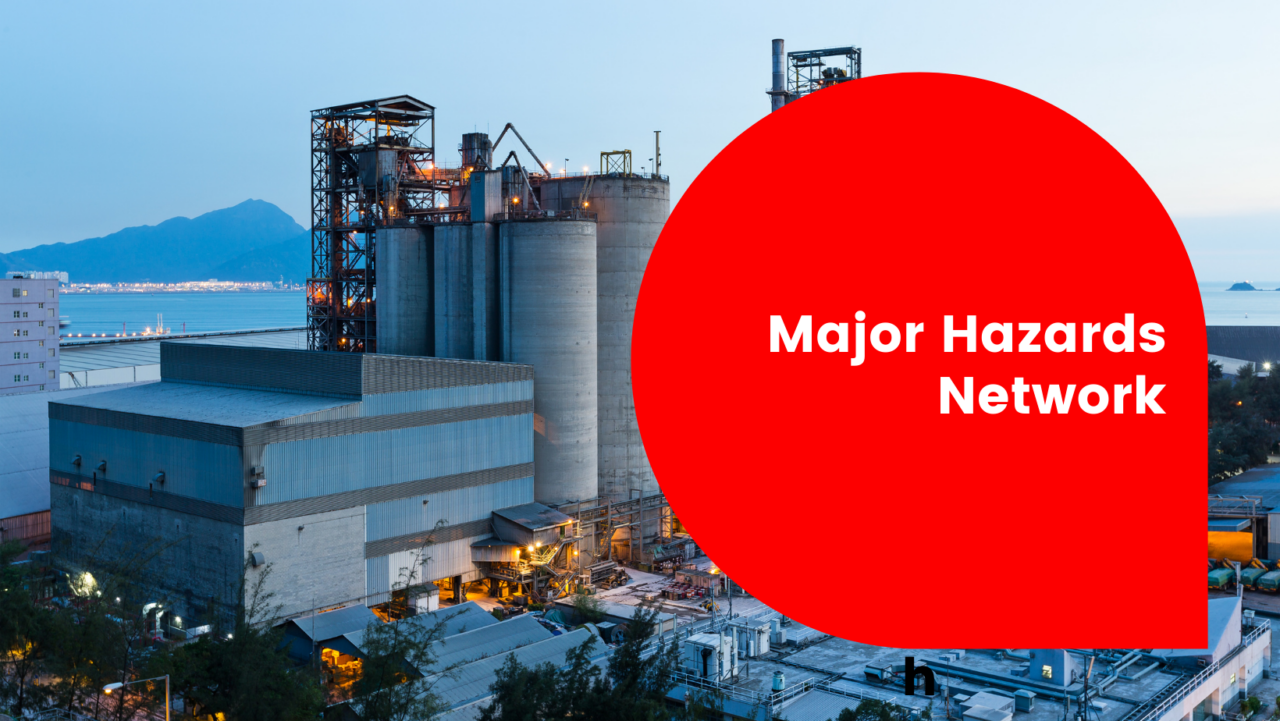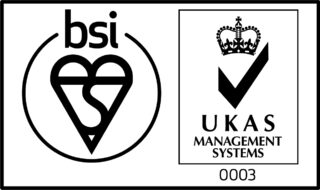Grimsby brewery Docks Beers has created a low carbon beer in collaboration with Catch UK, to bring wider attention to the Humber’s efforts to lead the way in Carbon Capture & Storage, and help deliver net zero to the UK by 2040.
The beer entitled Carbon Crush – a 5% Low Carbon IPA – released today, Docks Beers has meticulously handcrafted this beer using only the finest low carbon ingredients, resulting in a flavourful IPA that is sure to please even the most discerning beer connoisseurs.
Catch UK, the industry led partnership supporting the process, energy, engineering and renewable industries in Lincolnshire, Yorkshire, and Humber, is spearheading the region’s ambition to decarbonise the Humber region alongside its members and wider stakeholders. The Humber-bank industries support thousands of jobs and supply chain/contractor businesses, but they are also some of the biggest emitters of carbon dioxide and other greenhouse gases in the country.
Katie Hedges, Director of Membership & Low Carbon Strategy, Catch UK commented: “Catch and its partners have been collaborating on something a bit special – getting a plan in place for net zero industrial emissions by 2040. We wanted to launch a new beer with Docks Beers to raise awareness of the opportunities that our region has. They have come up with a beer that focuses the mind on all things lower carbon in industry and one which we hope will help cement in the minds of local people their active role in making this net zero ambition happen. Technology available to us now can remove carbon dioxide permanently from industrial sources and store it safely underground, it is called Carbon Capture and Storage. By building CCS projects here in the Humber region, our industries can capture co2 onsite, transport it via pipelines and store it under the north sea in depleted gas reservoirs and other geological structures such as saline aquifers. With our local skills, expertise and hard graft we can build these co2 capture pipelines, start making some hydrogen and bring down our emissions! It’s important we talk to communities that live in our region to understand what this means for them. By working with Docks Beers we’re reaching out to the wider community with information and we want to hear from local people to understand what this means to them, their jobs and the career prospects for our young people.”
Mike Richards, Head Brewer Docks Beers explained “We were delighted to collaborate with Catch on this brewing project. It was important to make this beer as low carbon as possible so we also teamed up with Brookhouse hops, who lead the way in reducing the amount of co2 used in producing hops with a unique process which allows brewers to obtain an aromatic beer while using ten times less carbon dioxide. Malt grown in Lincolnshire also helps to keep the carbon footprint down. We have ended up with a finely tuned English style IPA with a full bodied malt canvas allowing the low carbon Chinook hops to shine. Juicy fruit flavours are tempered by a fine restrained bitterness with a clean finish.”
The beer can label and keg badge, designed by Docks Beers’ creative agency of choice, Source 4, features an illustrated comic book story starring a superhero, Carbon Catcher, who is responsible for protecting the environment from carbon creatures.
Rob Pritchard, Source 4’s Managing Director, commented, “We have loved teaming up with Catch and Docks Beers to introduce “Carbon Catcher”. The superhero character was very deliberately conceived by our designer Kirk Arnold in a fun comic book style to make the process of carbon capture and storage accessible and engaging to a wider audience. We’ve helped achieve this by utilising the character across various media channels, such as beer cans, beer mats, cardboard cut-outs, and a dedicated landing page, all of which provide more information on carbon capture in the Humber region.”
Will Douglas, Docks Beers Director said “You can’t miss the 6ft cardboard cut out of the superhero Carbon Catcher in our taproom. Along with the new beer, Carbon Crush, we hope this helps start more conversation about Carbon Capture and Storage. Catch wants to know what our customers think about CSS? Will it tackle climate change and build pride in our region as we transition to a lower carbon economy? And it is apt that our customers are a sounding board. Docks Beers have established a reputation for celebrating hard graft and embracing the spirit and heritage of our industrial workforce. Our products feature the real-life experience of a 24 hour/7 day a week working culture and our customers have helped build our area’s industries, fix their equipment, maintain their facilities and make sure operations run smoothly 365 days a year. This is exactly the community which Catch wants to hear from.”
Carbon Crush can be purchased from Docks Beers website www.docksbeers.com, or from the brewery shop and taproom on King Edward Street.
